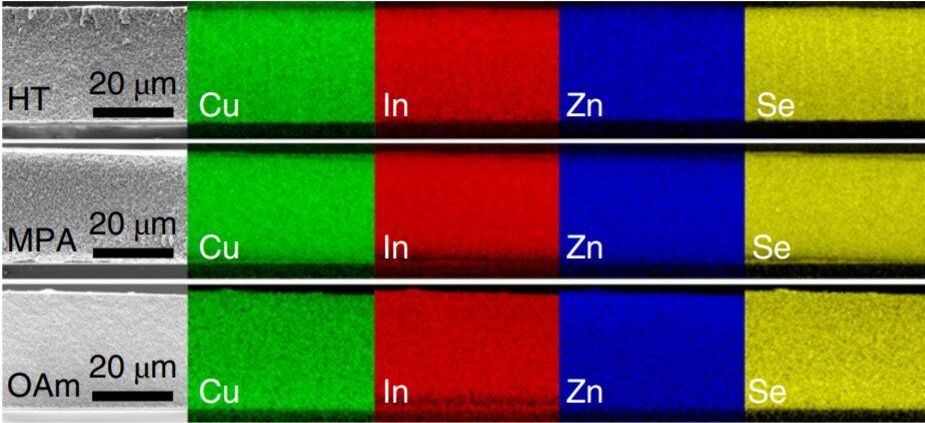Novel quantum dot solar cells developed at Los Alamos National Laboratory match the efficiency of existing quantum-dot based devices, but without lead or other toxic elements that most solar cells of this type rely on.
“This quantum-dot approach shows great promise for a new type of toxic-element-free, inexpensive solar cells that exhibit remarkable defect tolerance,” said Victor Klimov, a physicist specializing in semiconductor nanocrystals at Los Alamos and lead author of the report featured on the cover of the journal Nature Energy.
Not only did the researchers demonstrate highly efficient devices, they also revealed the mechanism underlying their remarkable defect tolerance. Instead of impeding photovoltaic performance, the defect states in copper indium selenide quantum dots actually assist the photoconversion process.
